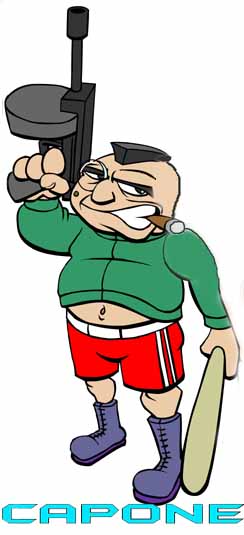Ain't It Cool News (www.aintitcool.com)
Movie News
One day religions may be built around CLOUD ATLAS. But until that day, Capone suggests you simply enjoy this beautiful, exciting, mind-bending film!!!
Hey everyone. Capone in Chicago here.
Readers Talkback

